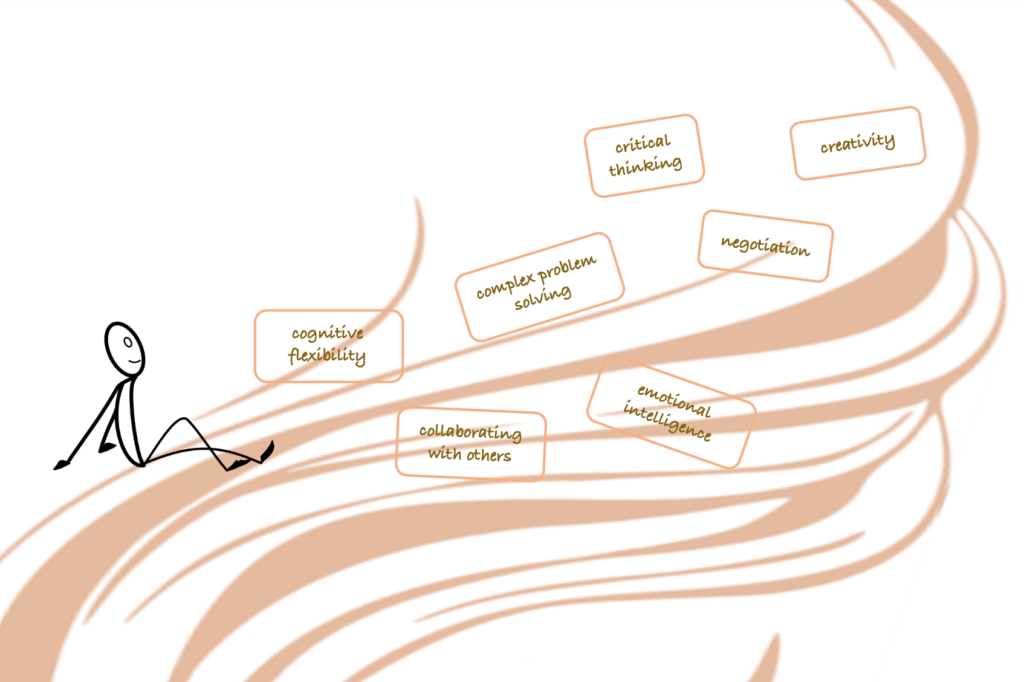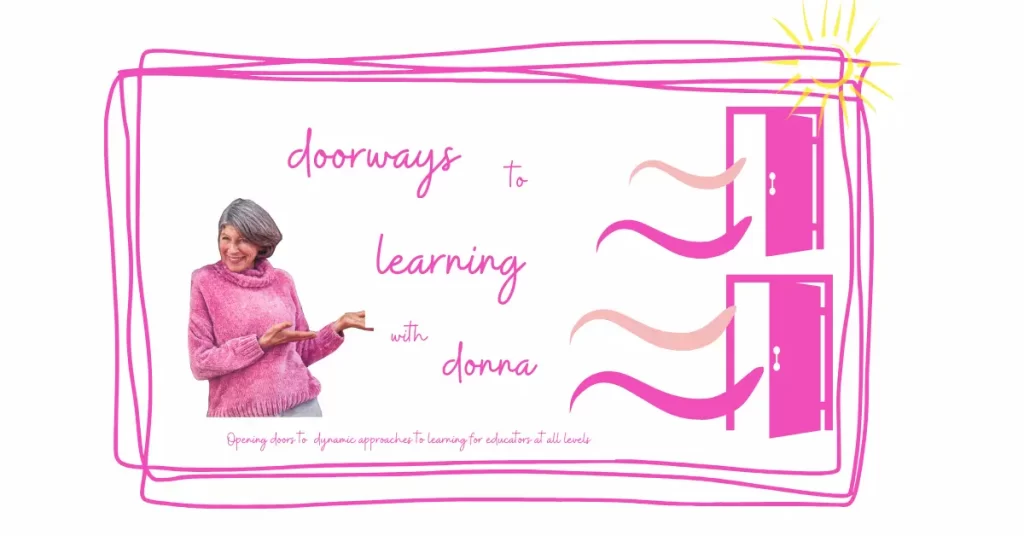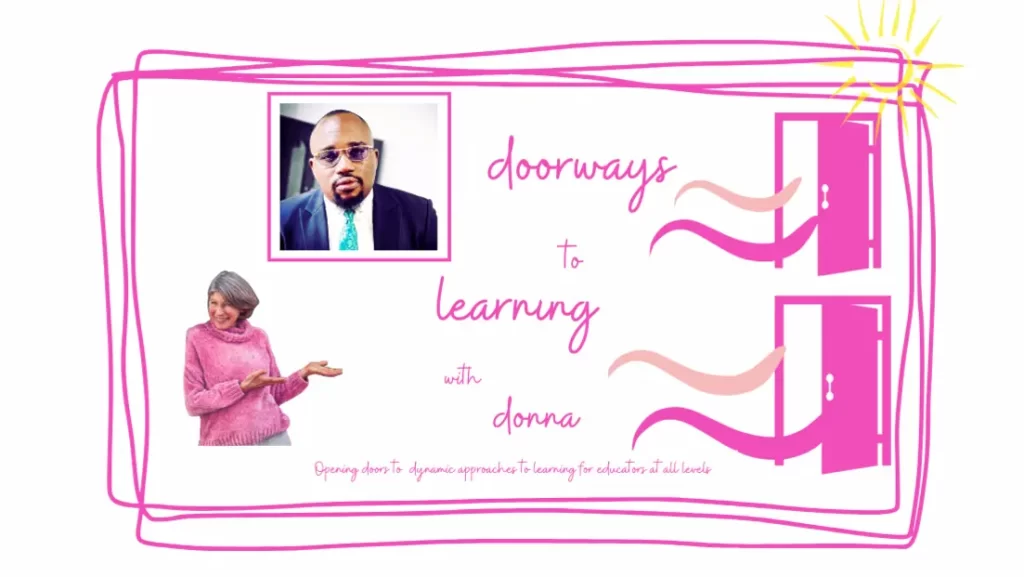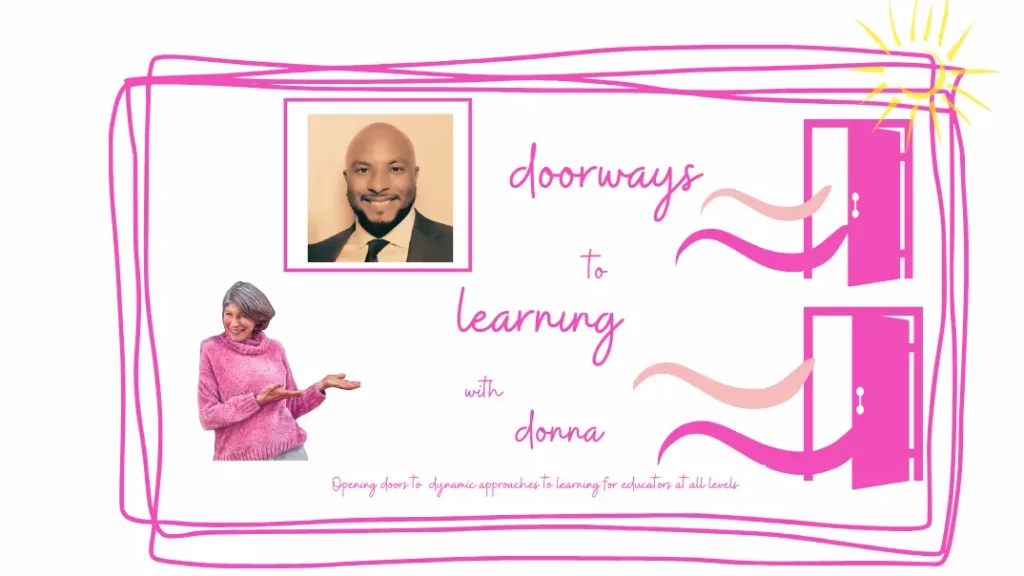How could we detect an anxiety attack in our teenagers?
What is the question you need to always ask your child even if they never answer?
What mental health challenges do teenagers face that have nothing to do with technology?
Activities to use in your classes below.
It’s estimated that one in seven adolescents experience mental health disorders This amounts to approximately 166 million adolescents globally. The incredible mother-daughter team Katie Farinas and 14-year-old Ana are here to talk about the struggles of mental health issue – why it took them so long to recognise the symptoms, how they had to search for solutions themselves, and most importantly – what teachers and parents can do to relieve other teenagers who are suffering from this so often invisible and incapacitating crisis they are living with.
Katie shares what it was like for a mother to watch her daughter change before her eyes, and from Ana, what it’s like to try to function in and outside of school with debilitating anxiety.
This conversation is going to change your life in that you’re going to understand so much more clearly why we need to intentionally address emotional health first because if not, the message our children are getting – whether we mean it or not – is that our agenda is all that really matters while they’re drowning in an incomprehensible loop.
Activities to use in class:
1)Ana tells us that she was having such sever3 anxiety attacks in school that she didn’t even hear her teachers speaking with her. Her teachers were convinced she was simply ignoring them. Give your students tables with three columns. In groups, they work together and in the first column, make a list of five (5) situations in which they were frustrated, annoyed, angry at a friend. In the second column, they write what they assumed was going on (what they were thinking in their own mind that caused the behaviour in their friend. In the third column, they write would could have been happening that caused the behaviour.
2) Katie tells us that she insisted on asking her asking her daughter daily if she wanted to talk about problems she was having. She and her daughter both share that Ana didn’t once say ‘yes’, yet Ana says that, even so, it was very meaningful to her that her mother asked. In groups, students write the opening to a podcast entitled ‘Things My Parents Do that Annoy Me, But I’m Glad They Do It Anyway’. In the opening, they introduce a conversation they will (hypothetically) have with their parents, a few of the questions they are going to ask them, and whether they feel the questions create an structure of support for them in general.
3) Katie does not permit Ana to have much interaction with social media. Ana admits that this has helped her enormously in handling her emotional challenges. Outside of class, students research the effects of social media on teenagers. In class, they share their conclusions and have a short debate about whether having access to social media has honestly been valuable to their lives or has offered them more challenges.
Katie Farinas’ Podcast: Mother on the Verge
Music: Danpun Ciao Sweety
Want fun facts about our guests? Little-known information about this topic? Find out all of it HERE!!
You can find more conversations like this one at Doorways to Learning with Donna
If you like this episode, treat Donna to a coffee!!

Scaffoldingmagic.com is your entryway into DYNAMIC bilingual learning methodologies, such as Phenomenon-Based Learning, CLIL, EMI, and ESL. You’ll find ways to implement critical thinking tools (DOK) to promote higher level thinking, the growth mindset, instil an ethic of excellence, deep reflection on learning, and all through multi-cultural, interdisciplinary activities. We have the keys to turning competences into action and to creating collective efficacy in your school so you move ahead as a unified, enthusiastic team.






Pingback: Doorways to learning video clip: Katie & Ana Farinas: What Question should you always ask your child? - Scaffolding Magic